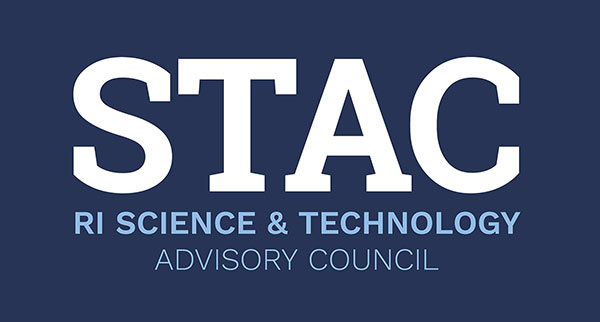Dr. Chris Bull
Senior Research Engineer, Brown University
Working together benefits everyone.
That’s the premise of the newly formed Ocean State Consortium of Advanced Resources (OSCAR). With leading Rhode Island universities, government institutions, private companies, and regional social agencies to pool resources and volunteers, the goal is to work together on small-scale, data-driven projects that will help the state solve problems, grow and innovate.

“OSCAR is a novel partnership for focusing the state’s public and private resources to improve the health, the economy, the environment and quality of life for all Rhode Islanders,” says STAC Co-Chair Clyde Briant, Vice President for Research at Brown and co-chair of OSCAR. “These core challenges faced by cities and states are complex, and they will require a multi-stakeholder approach to accelerated solutions. OSCAR is the platform to connect these people, collect good data and drive decisions around investments, policies and economic growth.”
Beginning this winter, OSCAR will put college students from all over the state to work alongside professors, engineers, designers and businesses in its ambitious pilot project, “Green the Knowledge District”.
Historically known as the Jewelry District, the Knowledge District in Providence sits between the downtown area and the city’s hospitals. It’s home to Brown Medical School research buildings, biotech companies and numerous small businesses. Green the Knowledge District aims to learn and share detailed data about the district, and then share these findings so that can be applied not only to the district itself but also on a wider scale to other areas in the city and state-and beyond.

The project kicks off at 70 Ship Street, a Brown Medical School research building. Looking at a wide variety of data related to building use, energy use and materials use, among others, Brown’s Dr. Chris Bull will lead a team of students from Brown, URI and RISD in developing a template that can then be used to assess other buildings in the district “so we can compare one piece of property to another, one organization to another, and correlate this data with other places in the country.”
Dr. Bull and his student have a lot of questions: How much energy is the building using, and who within the building is using what? Who is using the building when? How do you dispose of equipment at the end of its life? How are you doing on recycling? How does building design and construction affect energy flow in and out?
“We’ll be looking at the current sustainability of what’s here and what interventions we might make to improve the sustainability,” explains Dr. Bull. “The idea is that with the right environmental performance data, building and business owners can increase both energy efficiency and operating efficiency.”

After 70 Ship Street, other buildings in the district will follow. When the initial phase of data gathering and analysis is complete, the group plans to work with the city to develop guidelines, recommendations, regulations and policies to influence how property is developed and renovated in the future. With smart planning on a district-wide scale, Providence and Rhode Island could gain a competitive advantage in attracting new businesses.
Dr. Bull’s diverse background in mechanical and electrical engineering and material science made him the ideal choice to lead students in this project. “I’m convinced that technology alone is not going to solve our problems, and so we need to have lots of people at the table bringing the social, political, economic and historical pieces to come up with a way forward that makes sense from all those perspectives. I find this project so appealing because it has all those components.”
